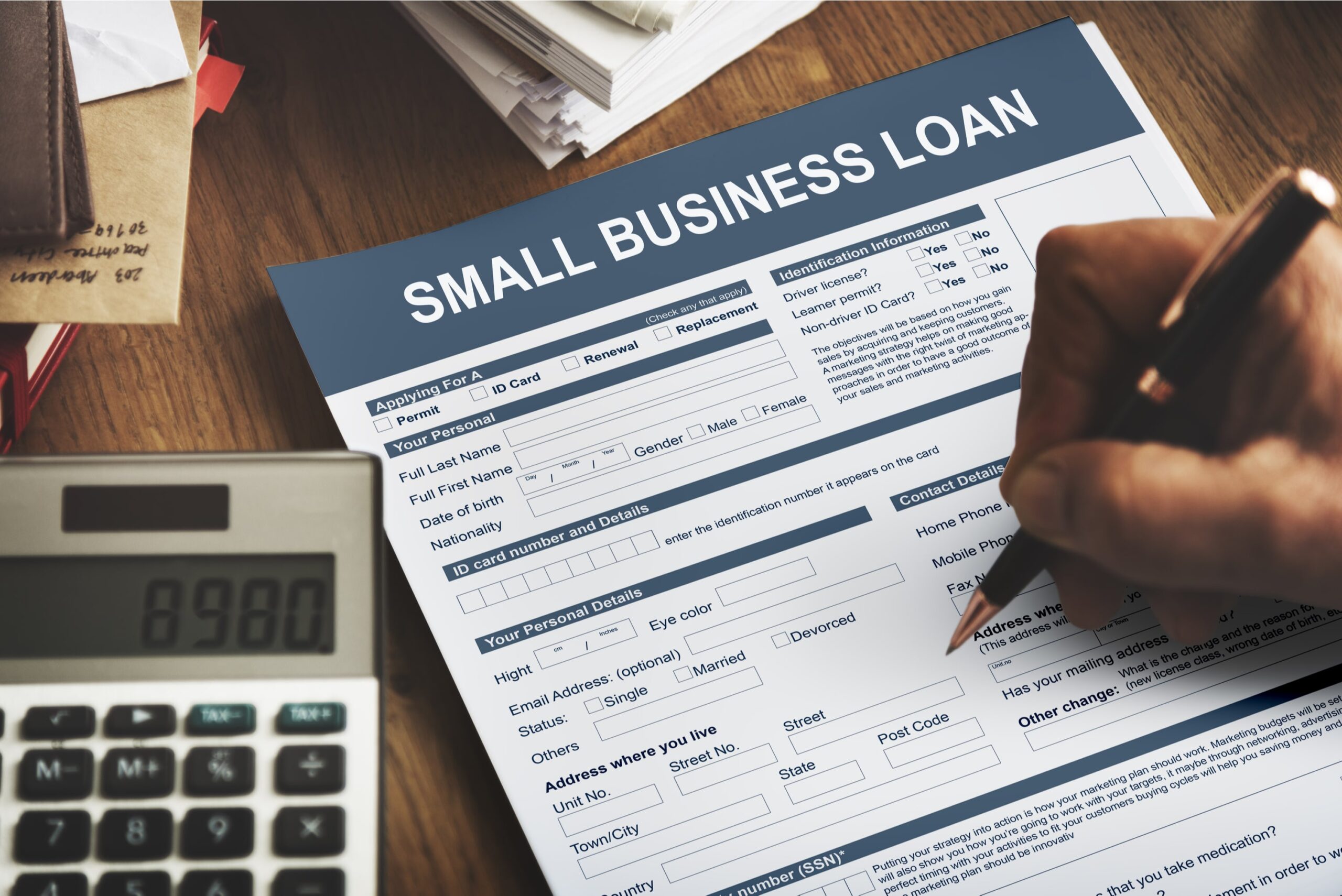Before obtaining a business loan, a lender may review your credit score, available capital, several types of collateral, and your business income. The creditor may also review many documents, and you may need to provide a business certificate, financial statement, and your tax returns. Additionally, the creditor can inspect the business plan and the lender can review cash flow, marketing strategies, multiple types of inventory, and monthly expenses. That’s why, before applying for a business loan, here are some things to check:
Financial Statement Review
The lender can assess detailed documents outlining monthly profits, several types of debts, several assets, and the business budget. The financial statement could also assess the sources that generate revenue. Once a lender reviews the documents, the creditor can estimate the future revenue of the business.
Reviewing your credit score
The lender might view a credit report showing your debts, credit score, available credit, and number of accounts. If you have submitted multiple applications, additional applications may also affect your credit score.
When an applicant has an excellent credit score, the lender may lower the interest rate, offer flexible terms and increase the term of the loan. Once the borrower makes several payments, regular payments can also increase the borrower’s credit rating.
Warranty Assessment
Many lenders prefer applicants who have collateral, and if a contractor has collateral, the creditor can make a larger loan, reduce fees, or lower the interest rate on the loan. Once the lender has reviewed the collateral, the creditor can estimate its value. The lender may also value business assets, and the entrepreneur will need to submit documents showing the value of those assets. If a business has significant investments, the entrepreneur can also provide a report outlining the ownership of the investments, the age of each investment, and the value of those investments.
Increase business revenue
The business can provide a business plan that outlines the value of the business, multiple types of expenses, marketing strategies, and business services. The entrepreneur could also create predictive forecasts that will look at revenue in the future. Some companies may provide reports outlining customer preferences, multiple product values, and relevant trends.
Examination of the business experience of the entrepreneur
Most lenders prefer entrepreneurs who have run multiple businesses. The creditor can review the applicant’s employment history, other businesses and business plan. Usually, the contractor must provide a detailed curriculum vitae. While the lender inspects the resume, the creditor can review the candidate’s references, academic achievements, experience, and cover letter.
Before choosing a loan, you can also look into several types of grants, and if an organization provides a business grant, your business can purchase additional inventory, make substantial investments, create a new marketing campaign, or design a website. point. According to Lantern by Sofi experts, “Because grants don’t have to be repaid, businesses can use them to invest in a company’s growth and profitability.” Once an entrepreneur has received a business grant, the business owner will never repay the money. Grants can stimulate economic growth, help inexperienced entrepreneurs and benefit innovative companies.

